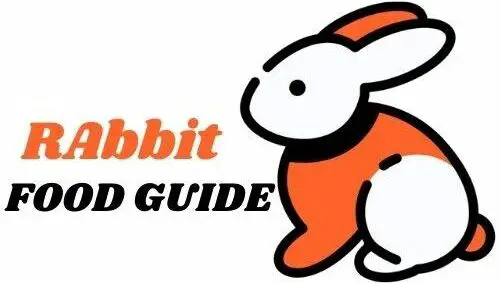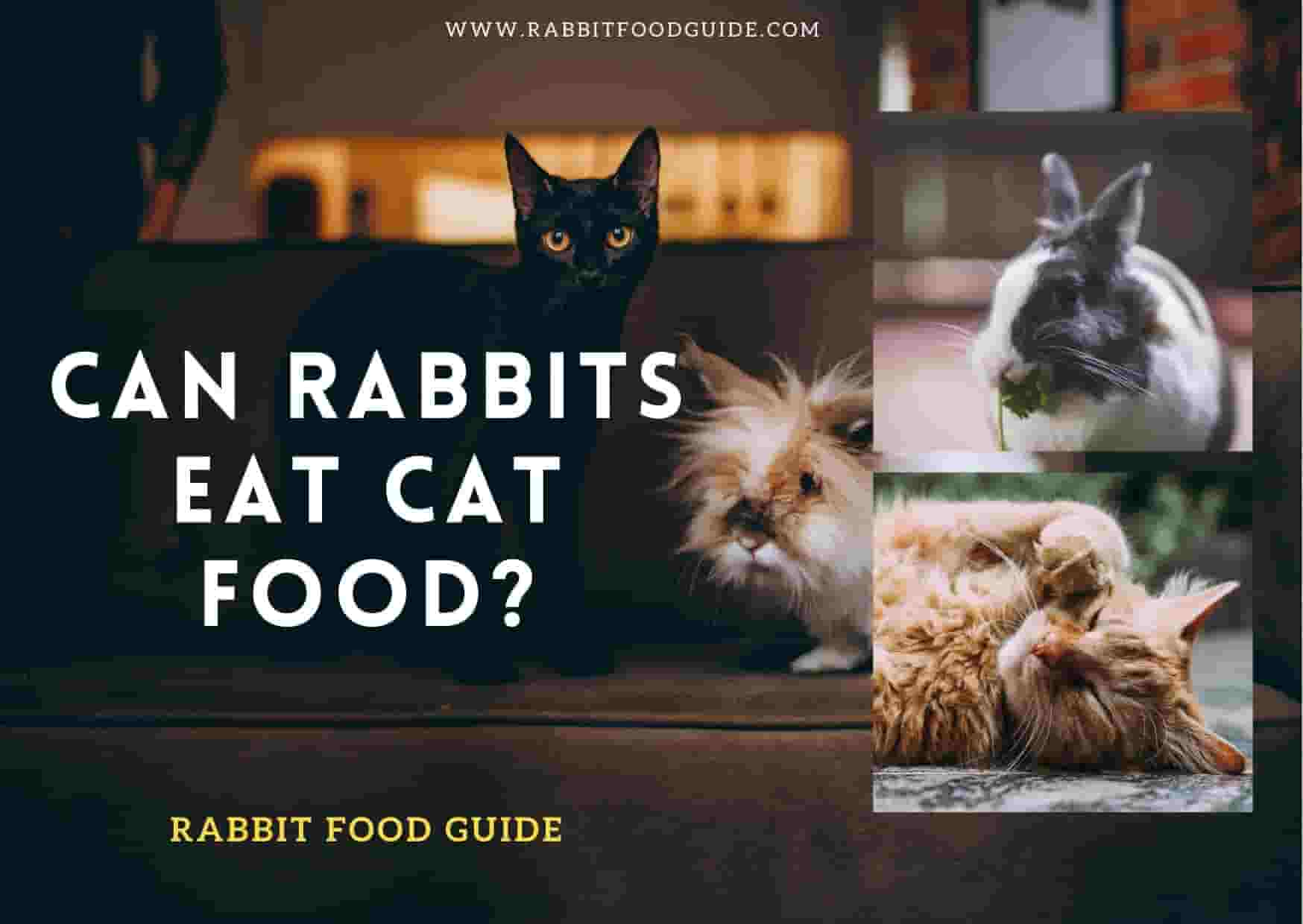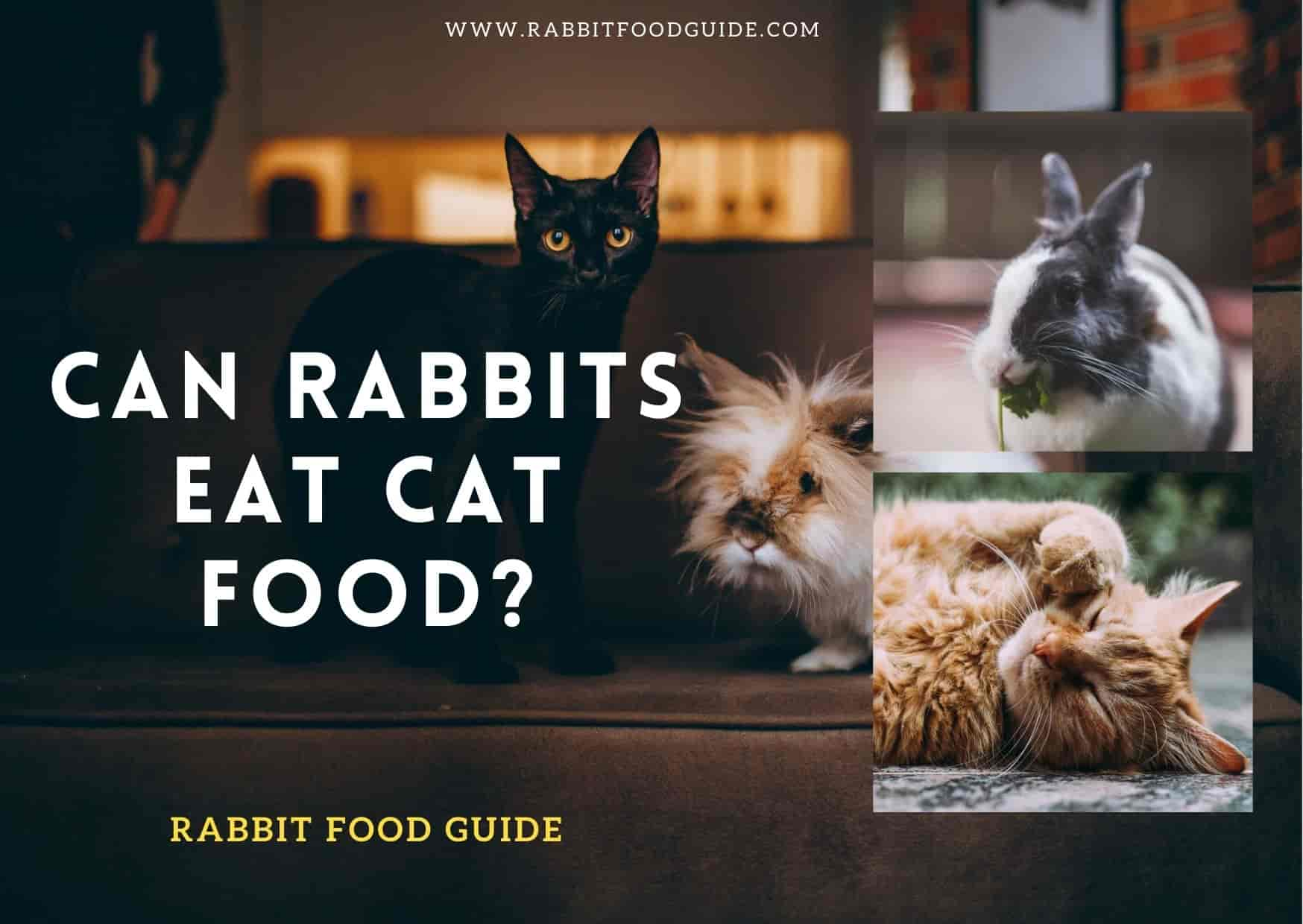
Table of Contents
Can Rabbits Eat Cat Food?
Can rabbits eat Cat food? No. Rabbits and Cats have 2 different types of daily food intake. Rabbits are herbivores and Cat are carnivores. Cats’ and Dogs’ foods are mostly designed with meat. When you have both rabbits and Cats in your house, you may wonder whether it is safe to give Cat foods to rabbits.
We can’t serve cat foods for our loving rabbits. Cat foods are high in protein and fat. These carnivores’ food nutrition levels are not in the range of healthy rabbits’ food nutrition levels. If your rabbits eat a small amount of cat food, it will not be lethal to them. But allowing your rabbits to eat cat foods too often can lead to many health issues.
Rabbits are herbivores. Rabbits’ major food source must be fresh quality hay and grass. They take almost all the nutrition from hay supplies. We can serve a small number of leafy green herbs in their daily diet as other nutritional foods. Overfeeding Cat foods for rabbits can cause health problems. There are a lot of things to talk about Cat foods. This article covers all the health benefits, nutrition facts, overfeeding health issues & many more things that you should know before feeding Cat foods to your rabbits.
Let’s start without any delay!!!
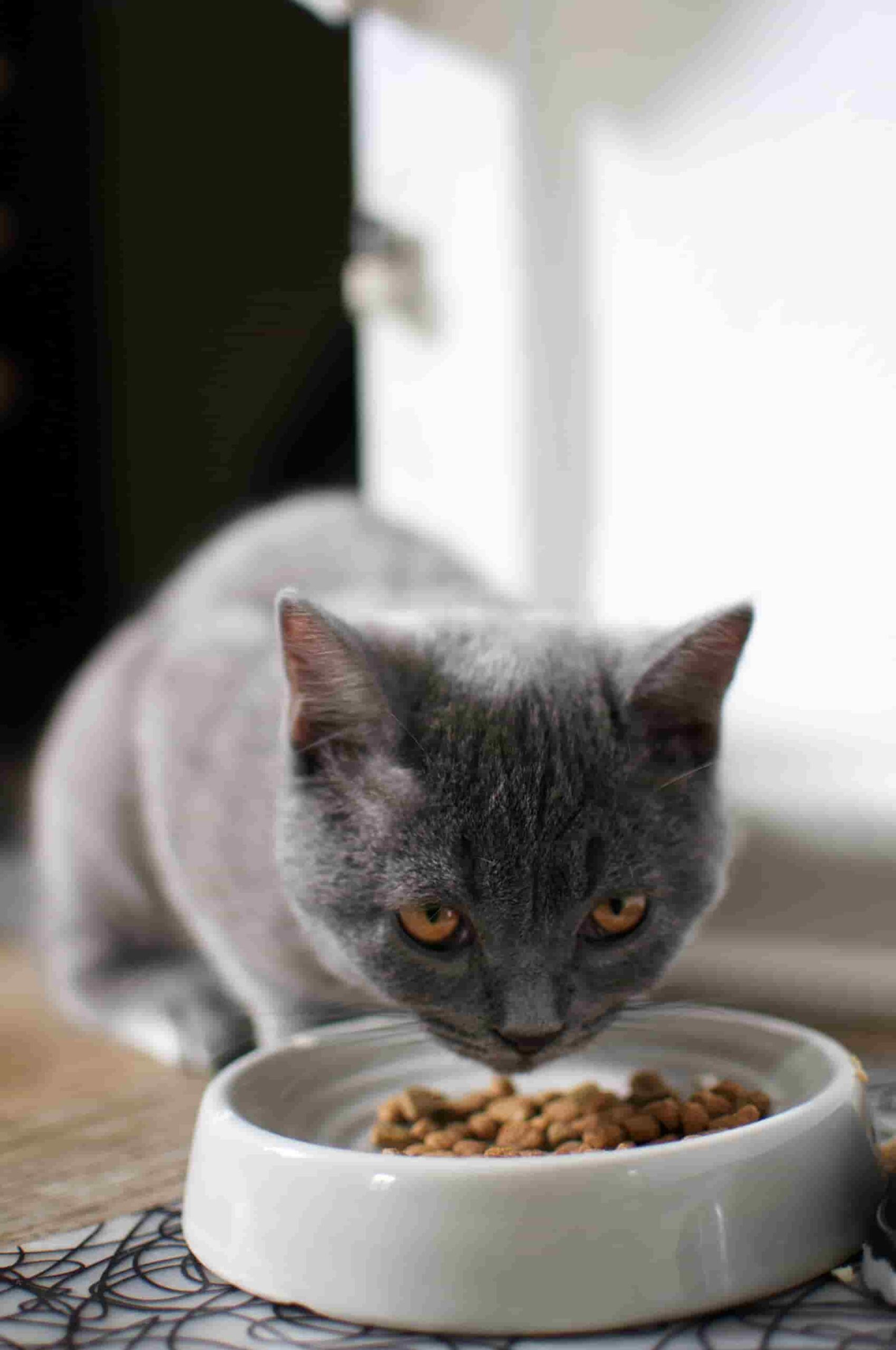
GET MORE INFORMATION ABOUT: RABBITS & LEEKS
Extra Information About Cat Food
Cat needs a different set of nutrition requirements rather than rabbits. Cat foods are made from animal flesh. Cat foods are rich in proteins, fats, carbohydrate vitamins, and minerals.
Cats cannot synthesize some essential nutrients required for survival, including the amino acids taurine and arginine, so these nutrients must be sourced from fresh meat in the natural diet. Cats lack the specific physiology to extract nutrients efficiently from plant-based materials and require a high protein diet; which is why high-energy meats from freshly killed preys are optimal foods.
Wikipedia
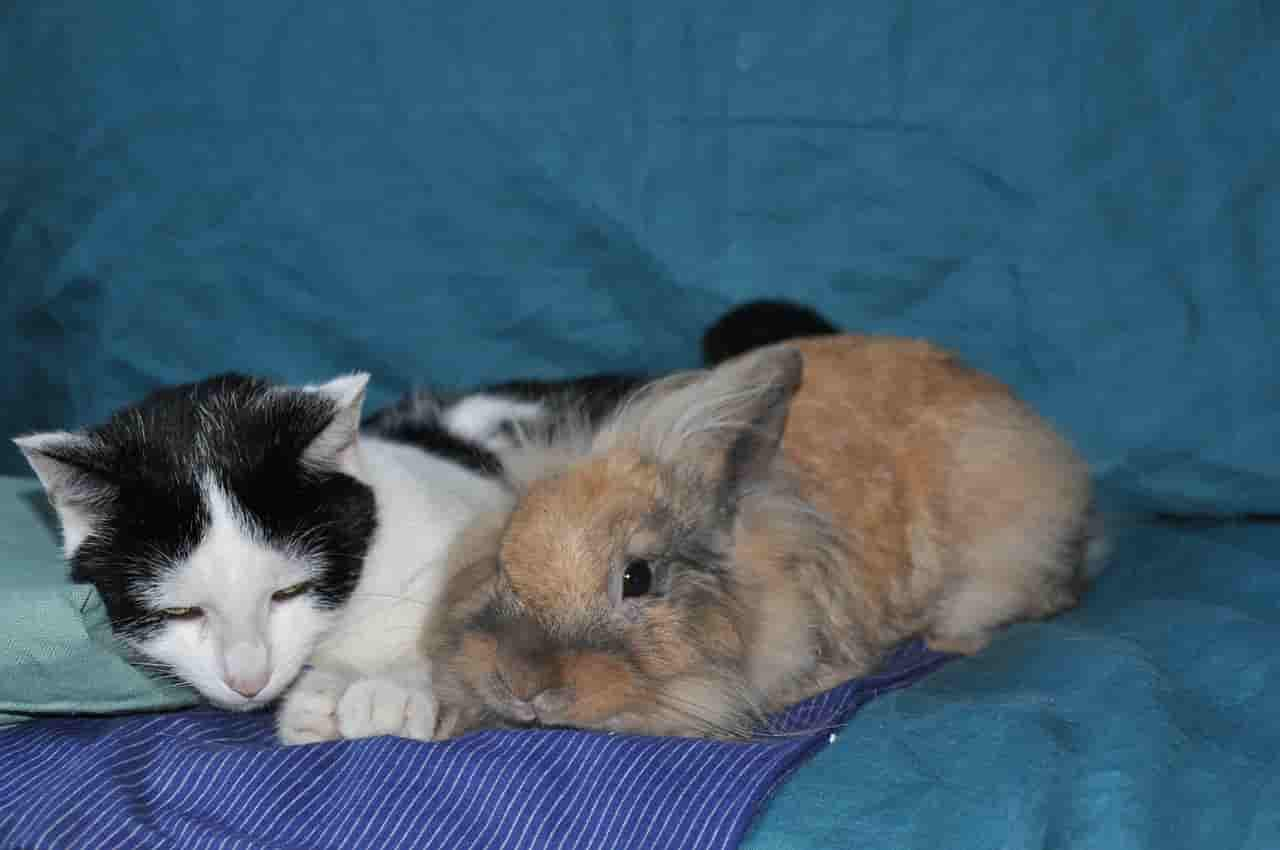
Difference Between Rabbits & Cats
The main difference is cats are carnivores and rabbits are herbivore animals. Cats need a high amount of protein, carbohydrates, and fat as their nutritional menu. Rabbits need fresh hay as the main food source. Rabbits have open-rooted teeth that will grow continuously. They need to incessantly chew on fiber foods like hay to reduce the growth of their teeth. Rabbits’ teeth will grow approximately 10 cm in a year.
Cat Food
A cat requires a high protein, fat, and carbohydrate diet. There are three main types of cat food popular among people. They are dry cat food, moist, and canned cat food.
Dry Cat Food
Dry cat food is crunchy and a bit hard. They are also called kibble. These are the cheapest cat food type. Dry cat food contains 10 % of water, 90% of carbohydrate, fat, and vitamins of dry matter.
Moist Cat Food
Moist cat food is more like dry cat foods. But it’s soft and cats can easily chew moist cat food rather than dry cat foods.
Canned Cat Food
This type of food is also called wet cat food. These type of cat foods comes in cans or foil packets. Canned food contains 70% of water.
Rabbit Food
Hay
Rabbits need hay as the primary food source. Hay can supply essential nutrients like vitamins A and D, protein, and calcium for rabbits. Hay can help to keep a healthy digestive system. Most rabbits like to eat timothy hay. Generally, rabbits love to eat timothy hay and oaten hay.80% of rabbits’ diets should contain fresh quality hay.
Vegetables & Fruits
Rabbits need vegetables more than fruits. They take other essential nutrients from these vegetables and fruits. We can provide a small portion of vegetables and fruits for both of these pets. We recommend giving two cups of fresh vegetables to adult rabbits daily.10-15% of rabbits’ diets should contain fresh quality vegetables.
- Bell peppers
- Bok choy
- Brussels sprouts
- Basil
- Cilantro
- Endive
- Green leaf
- Red leaf
- Parsley
- Fennel
Fresh fruits should be served one or two times per week as a treat.
- Grapes
- Banana
- Berries
- Melon
- Peach
- Pear
- Plum
- Watermelon
- Papaya
- Pineapple
- Orange
Pellets
5-10% of rabbits’ diets should contain fresh quality pellets. It is good to have a small number of healthy pellets daily. There are too many products out there, keep it in your mind to supply quality and healthy foods for rabbits.
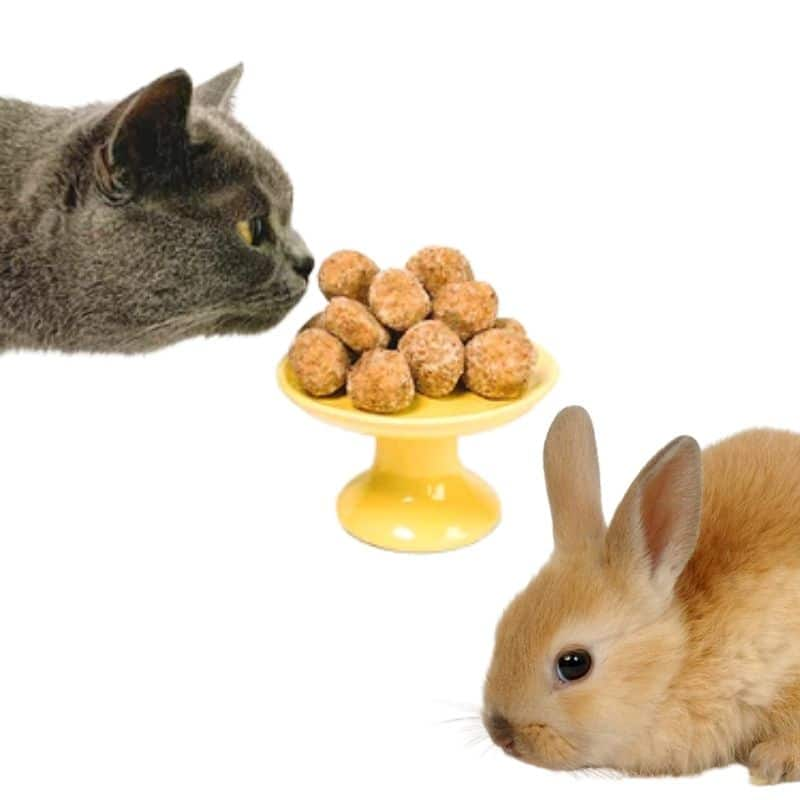
Risk Of Eating Cat Foods
Know you can understand the risk of feeding cat food to rabbits. However, if your rabbits eat a small amount of cat food, it will not be lethal damage to the rabbit’s health. If your rabbits try to consume cat food regularly it can lead to critical health issues in your rabbit. As we discussed in nutrients, cat food contains a high amount of carbohydrates, fat, vitamins, and minerals. These excessive levels of foods can lead to kidney damage and obesity.
Cat foods are not toxic for rabbits. But these things are surely unhealthy for rabbits. We must take all precautions to keep rabbits away from cat foods.
How To Prevent Rabbits Eating Cat Food
When we have both rabbits and cats in the same house, we are facing a problem. We must always supply continuously fresh hay for rabbits. Most of the time they search for new food types when they lack a good quality hay supply.
Try to feed cats in an open bowl. Remove the bowl after cat has finished eating. Another thing we can do is to supply food in a cat cage.
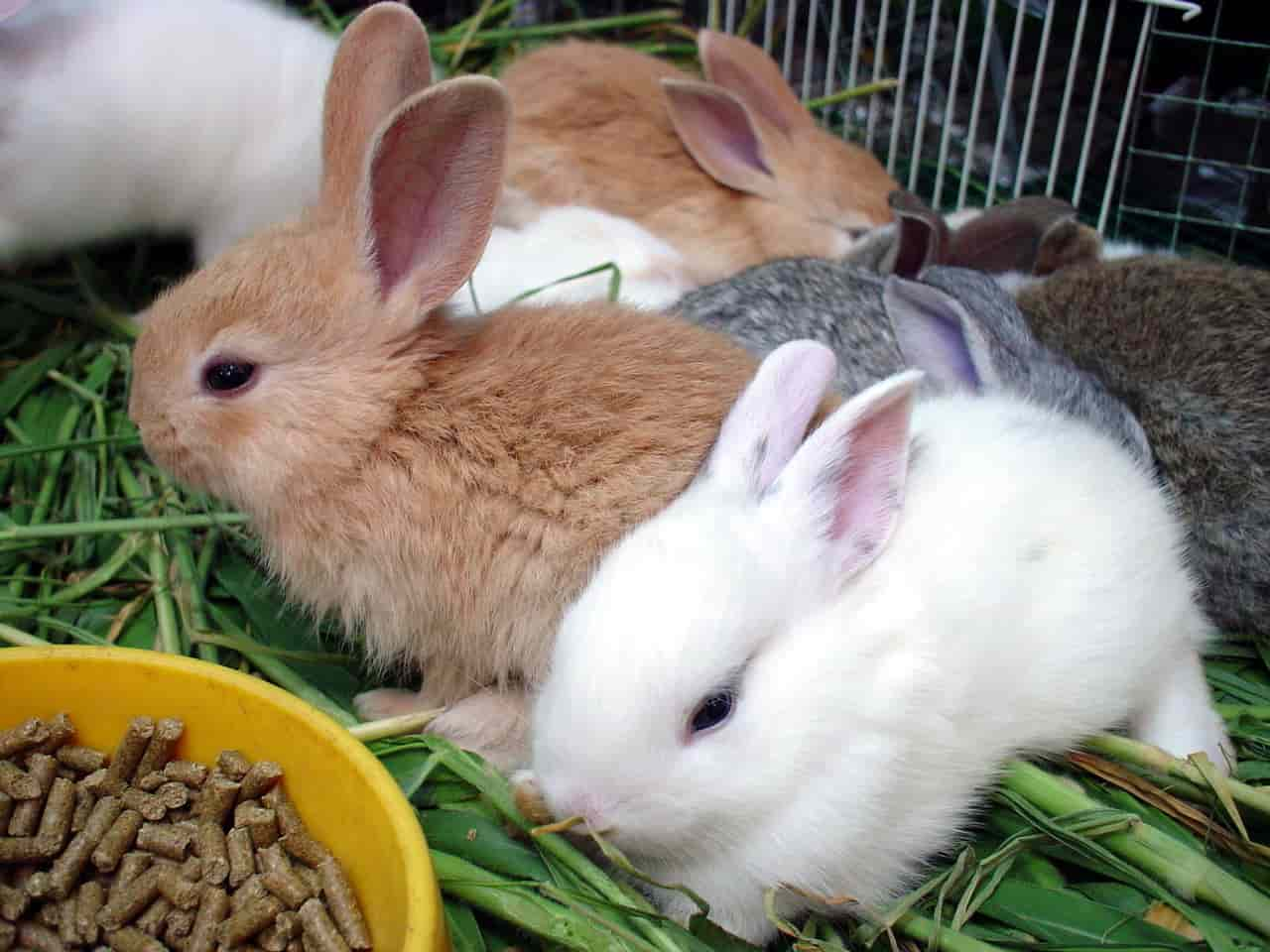
Summery
Cat food is bad for rabbits. Do not include it as a part of the rabbit’s diet. Cat foods are high in protein and fat. If your rabbit eats a small amount of cat food, it will not be lethal to them. But allowing your rabbits to eat cat foods too often can lead to many health issues.
We must take all precautions to keep rabbits away from cat foods. As rabbit lovers, we should know the bad foods for rabbits along with good foods. I think this article helps you to know everything about cat foods.
Thank You!!!
